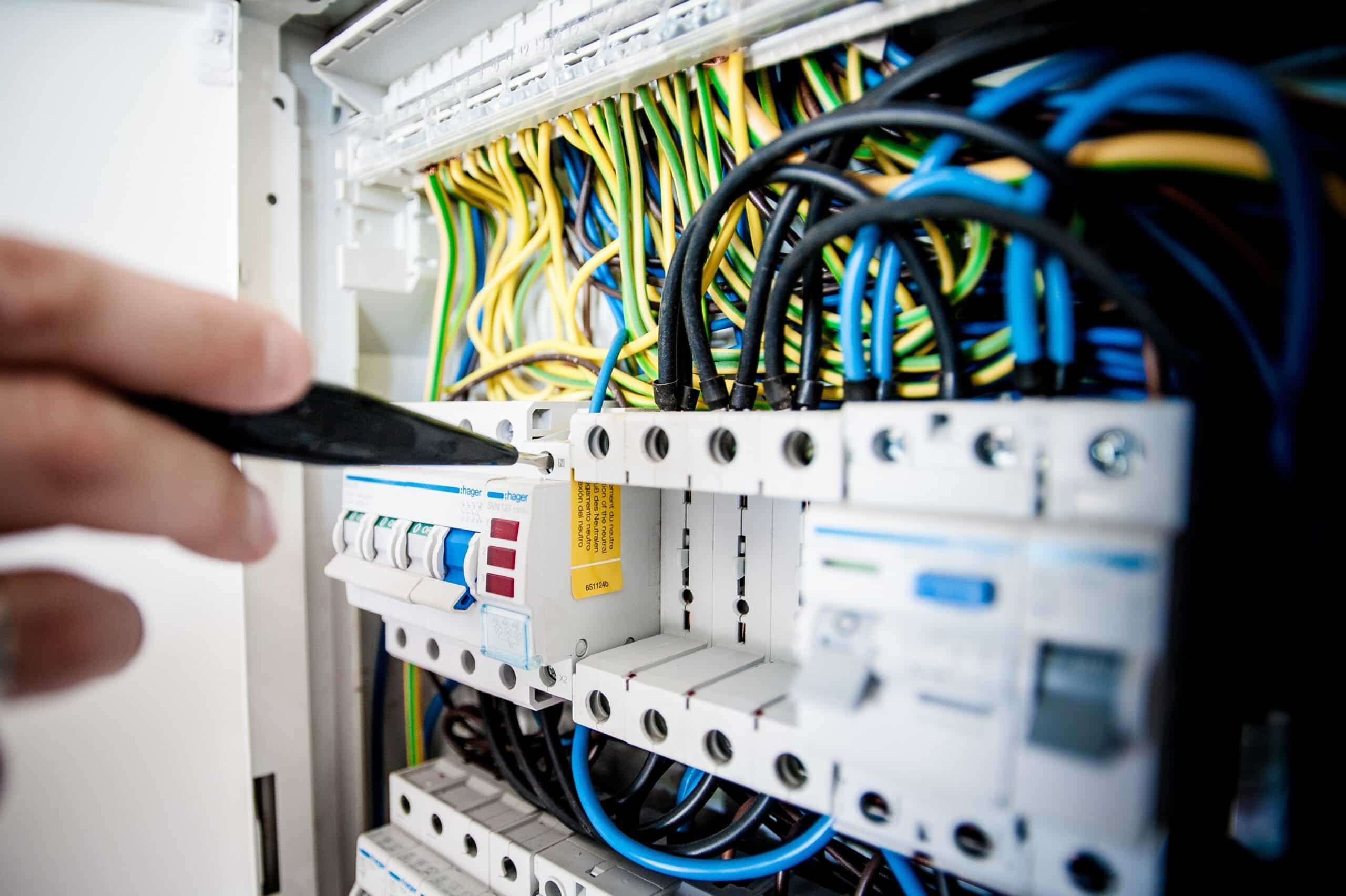EMC Directive Evaluation and Testing
EMC Directive 2014/30/EU, formerly 2004/108/EC
F2 Labs can perform Electromagnetic Interference and Compatibility (EMC/EMI) testing of your product at our facility or on-site at your facility. With decades of experience, our expert engineers can assist you with all of your EMC compliance testing and troubleshooting needs.
Definition of Electromagnetic Compatibility – The ability of equipment to function satisfactorily in its electromagnetic environment without introducing unacceptable electromagnetic disturbances to other equipment in that environment.
EMC Directive 2014/30/EU testing ensures the correct operation of equipment that responds to electromagnetic phenomena, is operated in the same electromagnetic environment, and the avoidance of any interference effects. In other words, EMC is the control of Electromagnetic Interference so that unwanted effects are not produced.
EMC is separated into the following sections:
- Electromagnetic Interference (also called EMI and Radio-Frequency Interference or RFI) is a disturbance that affects an electrical circuit due to either electromagnetic induction or electromagnetic radiation emitted from an external source. The disturbance may interrupt, obstruct, degrade, or limit the effective performance of the product. Emission is the unwanted generation of electromagnetic energy.
- Immunity (also referred to as susceptibility) is the ability of the equipment that is affected by EMI to operate correctly in the presence of electromagnetic disturbances.
Check out our different types of EMC directive 2014 30 EU options & definitions below by simply clicking on each section and a drop-down will appear:
EN 50370-1
*Replaced by EN 55035
Helpful Link:
Contact F2 Labs for questions regarding our evaluation and testing labs in Ohio or Maryland and to speak with one of our helpful customer service representatives today!
Frequently Asked Questions
What is the EMC Directive?
The EMC Directive 2014/30/EU, formerly 2004/108/EC, stands for Electromagnetic Compatibility Directive. It is a European Union regulation that ensures electronic and electrical equipment does not generate, or is not affected by, electromagnetic interference in a way that would disturb the operation of other products, or the correct operation of the device itself.
What is Electromagnetic Compatibility (EMC)?
Electromagnetic Compatibility (EMC) is the ability of equipment to function satisfactorily in its electromagnetic environment without introducing unacceptable electromagnetic disturbances to other equipment being tested in that environment or to the product itself.
What is Electromagnetic Interference (EMI)?
Electromagnetic Interference (EMI), also known as Radio-Frequency Interference (RFI), is a disturbance that affects an electrical circuit due to electromagnetic induction or radiation emitted from an external source, potentially degrading the performance of the affected product.
What is Immunity in the Context of EMC?
Immunity, also referred to as susceptibility, is the ability of electrical equipment to operate correctly in the presence of electromagnetic disturbances.
How Does F2 Labs Assist with EMC Compliance Testing?
F2 Labs performs EMC/EMI testing either at their facility or on-site at the client’s facility. With extensive experience, their expert engineers assist with EMC compliance testing, troubleshooting, and ensuring that products meet the requirements of the EMC Directive.
What Standards are Associated with EMC Directive 2014/30/EU Testing?
There are hundreds of standards listed under the EMC Directive 2014/30/EU, including EN 50370-1, EN 50370-2, EN 55011, EN 55014-1, EN 55014-2, EN 55032, EN 55035, EN 61000-6-2, EN 61000-6-4, EN 61000-6-1, EN 61000-6-3, EN 61326-1 and EN 61547, just to name a few. These standards cover various aspects of emissions and immunity for different types of equipment. The full list of EMC standards can be found here.
What is the Importance of EMC Testing?
EMC testing is crucial for ensuring that electronic equipment can coexist within the same electromagnetic environment without causing interference to other devices or being susceptible to interference. It is a key component in obtaining CE marking and accessing the European market.
Can F2 Labs Provide On-Site EMC Testing?
Yes, F2 Labs can provide on-site EMC testing at the client’s facility, offering flexibility and convenience for manufacturers to assess and improve the electromagnetic compatibility of their products.
